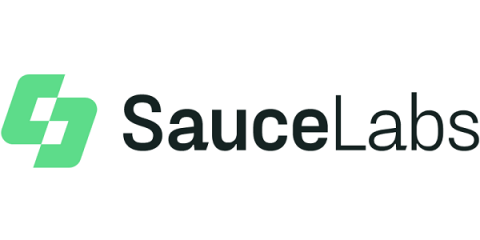Comparing the Selenium and Cypress Testing Frameworks
Automated testing for web apps has been around for well over a decade. For much of that time, Selenium has reigned supreme as the go-to testing framework for virtually any type of testing need that involves a browser-based app. But as the world of test automation continues to evolve, newer tools have emerged. Chief among them is Cypress, a testing framework that is becoming an increasingly popular alternative to Selenium. Is Selenium or Cypress a better choice for your automated testing needs?







